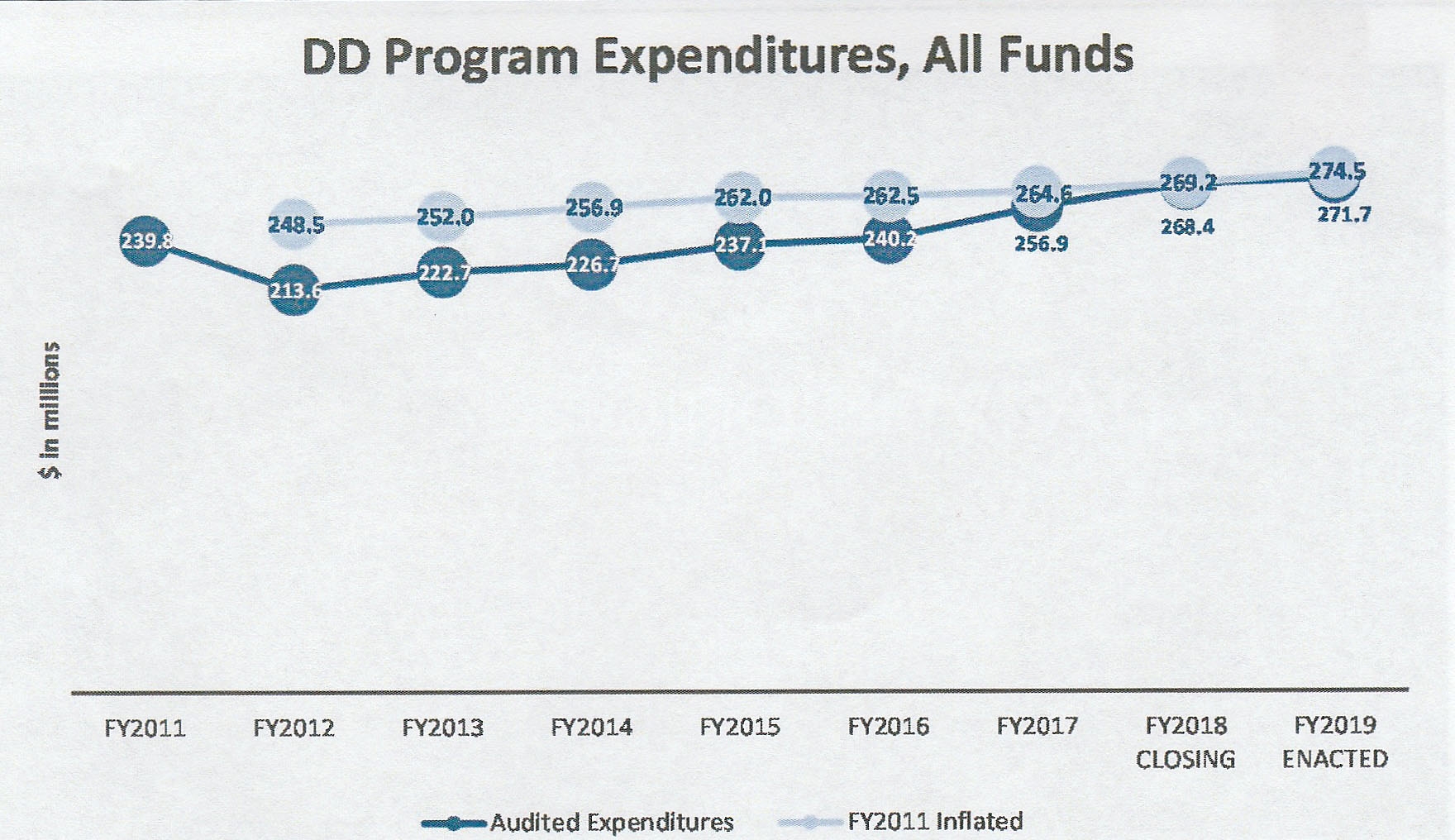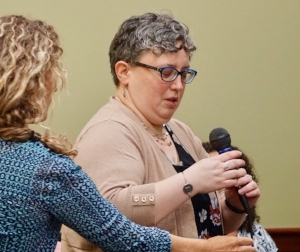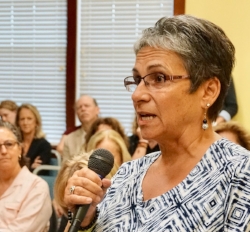VOTE! Your Voice DOES Matter! Speaking Up At the Ballot Box Has Never Been More Important
/The Rhode Island Disability Law Center and Advocates In Action Have Teamed Up To Help You Make A Plan To Vote On November 6
In the video, Kate Bowden, a staff attorney with the Rhode Island Disability Law Center and participants in Advocates in Action explain how to make a plan to vote. Here are some additional tips.
RI Has A Voter ID Law
Before you go to the polls, make sure you have a current and valid form of one of the seven different acceptable forms of voter identification:
a Rhode Island driver’s license or permit
a U.S. passport
an ID card issued by any federally recognized tribal government
an ID card issued by an educational institution in the U.S.
a U.S. military ID card
an ID card issued by the U.S. government or the state of Rhode Island, such as a RIPTA bus pass
a Rhode Island voter ID card issued by the Secretary of State’s office.
If You Know You Can’t Get To The Polls
Time is running out, but if you know you won’t be able to get to the polls on Election Day and you haven’t applied for a regular mail ballot, you can still vote in-person before Election Day at your local Board of Canvassers at your city or town hall. You may also authorize another person to pick up your ballot for you. You must submit an original application for Emergency Mail Ballot no later than Nov. 5.
You may obtain an Emergency Mail Ballot application by:
going online at this page on the Secretary of State’s website.
contacting your local Board of Canvassers where you have registered to vote for further details.
To be counted, all Mail Ballots must be in the hands of the Rhode Island Board of Elections by 8 p.m. Election Day.
AutoMark Helps Voters With Visual Impairments
Watch the video demonstration to see how the AutoMark Voting System works. If you have questions about AutoMark, call the Rhode Island Disability Law Center at 401-831-5150.
All polling places are required to provide accessible voting technology for voters with disabilities pursuant to the federal Help America Vote Act, Bowden says. Rhode Island uses the AutoMark Voting System. All voters are allowed to use the AutoMark equipment.
Photo By Anne Peters
Bowden says the machine reads the ballot to voters who are blind or have difficulty reading and marks the ballot for them. Bowden says the AutoMark equipment is positioned discretely so that passers-by can’t see how a voter votes. Bowden is pictured to the right helping Shauna Corriea practice how to cast her marked ballot during a recent conference of Advocates In Action.
Disability Law Center Offers Election Day Hotline
If you have disability-related questions about voting or your voting rights, you can call the Disability Law Center at 401-831-3150 (TTY 401-831-5335) anytime from 9 a.m. to 5 p.m. during the run-up to Election Day. If you’re having problems at the polls on Election Day, the hotline will be open during polling hours. Bowden said she has already voted so she can staff the hotline on Election Day.
“If something comes up, we are in touch with the Board of Elections,” she said. For example, the polling place may appear to be inaccessible because the signage is not placed correctly. In that case, Bowden would call the Board of Elections and the Board would in turn direct poll workers to move the signage to the accessible door.
For More Information on Voting
Go to the Secretary of State’s Voter Information Center by clicking here.
After You’ve Voted
The Governor’s Commission on Disabilities would like you to bring to the polls with you the Commission’s 2018 Volunteer On-Site Polling Place Survey, which you can download and print by clicking here. Fill it out and email, fax, or mail it to the Governor’s Commission on Disabilities by the end of the Election Day week. (The address is at the bottom of the survey.) Ask your friends, co-workers, customers, and fellow members of your organizations to do the same.
“Every citizen should be able to vote in the same location as their neighbors without help and without others seeing their ballot,” Bob Cooper, executive director of the Commission, said in a statement. Click here to download and print the survey. Anyone encountering problems or issues while conducting this survey or any barriers to voting may contact Cooper at Bob.Cooper@GCD.RI.Gov or call 401-462-0102.

























